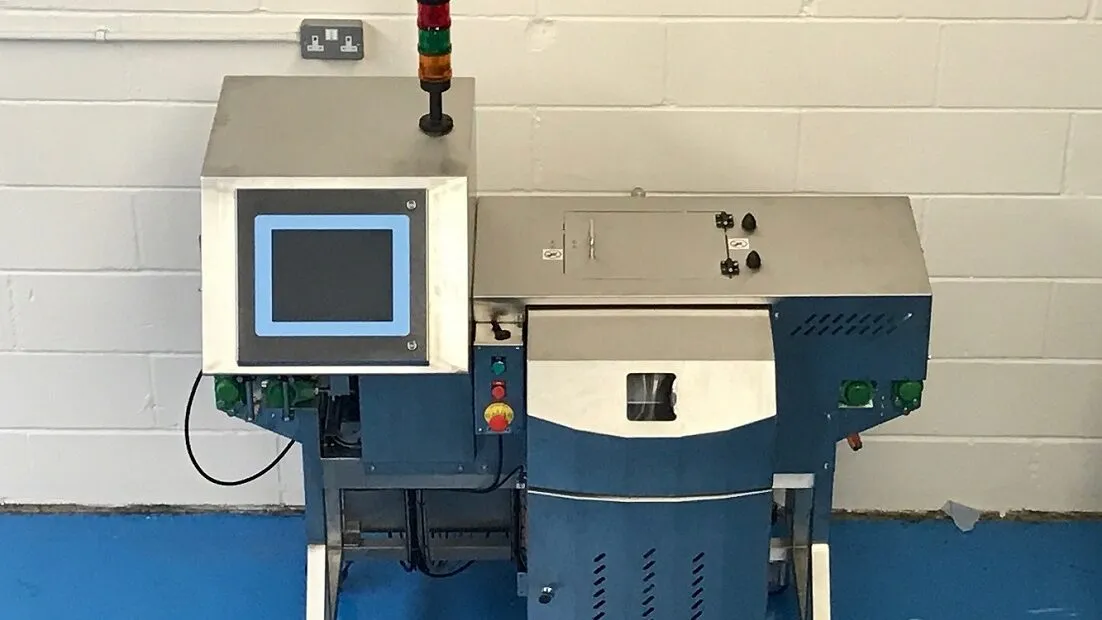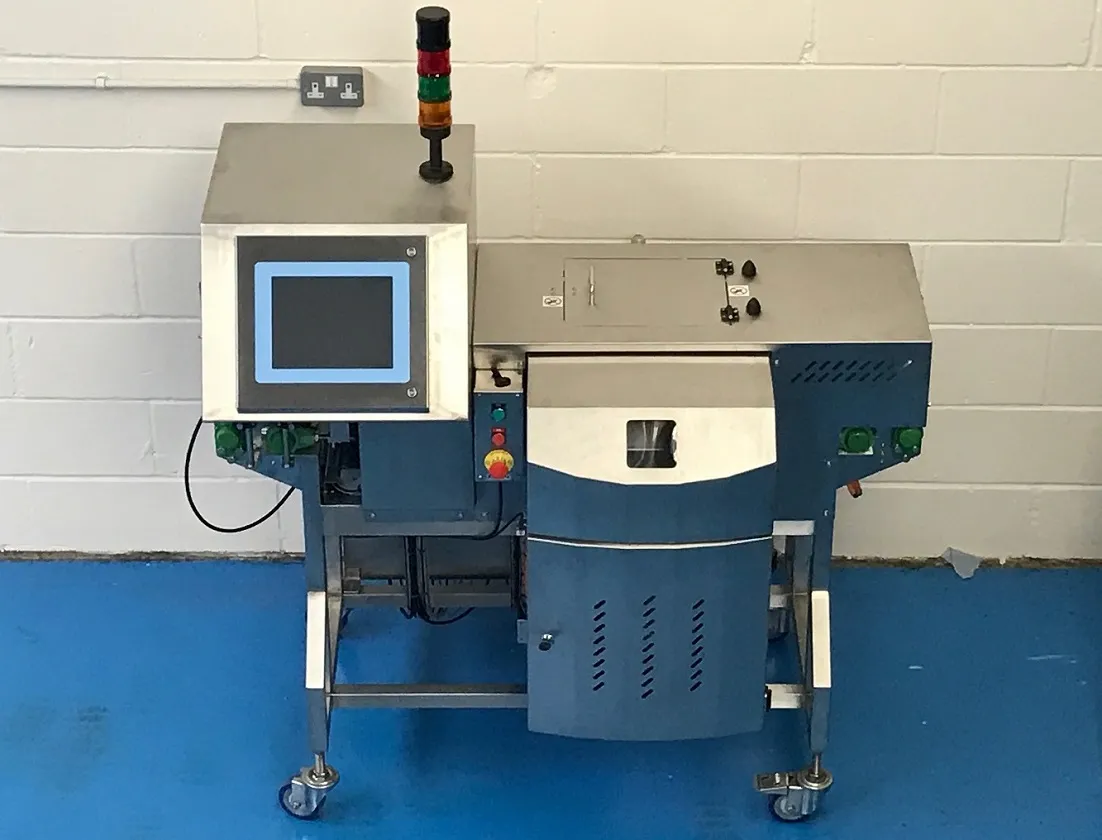With the meat industry being the backbone of our business, we’ve seen first-hand how hard the last few months have been. In July 2025, UK food price inflation rose to 4%, outpacing the broader inflation rate. As The Telegraph reports, meat is one of the products hit hardest, alongside everyday staples like tea.
For farmers, processors, retailers and households, that means tighter margins and higher costs. While we can’t control global energy prices or supply chain challenges, we can look at how we handle and use the food we produce, making it go further and work harder for everyone involved.
Understanding the challenge
The reasons behind the price hikes are complex: rising production costs, global market pressures and the increasing price of energy and transport. In the meat sector, these challenges are magnified because meat is perishable and supply has to be carefully balanced, too much and it goes to waste, too little and shelves are empty.
This is why waste reduction is so important. Whether you’re a large-scale producer or a family doing the weekly shop, every bit of waste saved is money back in your pocket and a step towards a stronger, more sustainable food system.
Actions the industry can take
For those of us working across meat production, processing and distribution, efficiency isn’t just a buzzword, it’s a lifeline right now. A few areas where we can make a real difference include:
- Better forecasting and inventory management – Sharing information across the supply chain helps make sure the right amount of product gets to the right place at the right time.
- Making the most of by-products – Bones, fat and offal don’t need to be waste; they can become stock bases, pet food or fertiliser, creating extra income streams.
- Smarter storage and handling – From vacuum sealing to temperature monitoring, small tweaks can give meat more shelf life without sacrificing quality.
- Promoting different cuts – Encouraging the use of cuts like brisket or shin can take pressure off premium cuts and help balance demand.
- Supporting local and small abattoirs – Local facilities keep supply chains shorter, give farmers more choice, and help maintain quality. But as Jeremy Clarkson warns in Clarkson’s Farm Season 4, many are at risk of disappearing. Once they’re gone, they’re almost impossible to get back – so keeping them running should be a shared priority.
- Keeping track of waste – Measuring what’s lost helps spot where changes can be made. Even small improvements add up.
Changes we can all make at home
The good news is that households can make just as much of an impact. A few thoughtful changes can help meat last longer, stretch further and taste better:
- Plan before you shop – Make a list and stick to it. You’ll save money and avoid food going off before you get to it.
- Store it right – Keep fridges below 5°C, freeze meat you won’t use in time and use airtight packaging to lock in freshness.
- Get adventurous with cuts – Less common cuts are often cheaper and, with the right recipe, just as tasty.
- Reinvent your leftovers – Roast chicken can become soup, pie or pasta. Mince can be portioned up for quick weekday meals.
- Know your dates – “Best before” is about quality, “use by” is about safety. Understanding the difference helps avoid throwing food away too soon.
- Buy local when you can – Picking up meat from local farmers or butchers helps keep smaller producers and abattoirs in business.
Turning a challenge into an opportunity
Rising prices are tough, but they’re also pushing the industry to get creative. We’re seeing more investment in technology, better collaboration between suppliers and retailers, and a renewed focus on educating consumers about storage, cooking and waste reduction.
Supporting small abattoirs, championing sustainability and finding innovative ways to use every part of the animal aren’t just good business moves, they’re steps towards a stronger, fairer and more resilient food system.
Why it matters
Food waste costs the UK billions each year, and with prices rising, it’s more important than ever to make every product count. Wasting less saves money, protects the industry and supports the people who keep it running.
At Hellenic Systems, we understand the importance of food producers working efficiently, cutting waste and controlling costs. The meat industry is at the heart of what we do, and we’re committed to helping it thrive through innovation and collaboration.
By working together, farmers, processors, retailers and local supply chain partners – we can reduce waste, ease the impact of rising prices and make every pound, and every cut, go further.
Chat to us today to find out more about our innovative solutions and how we can help you.




